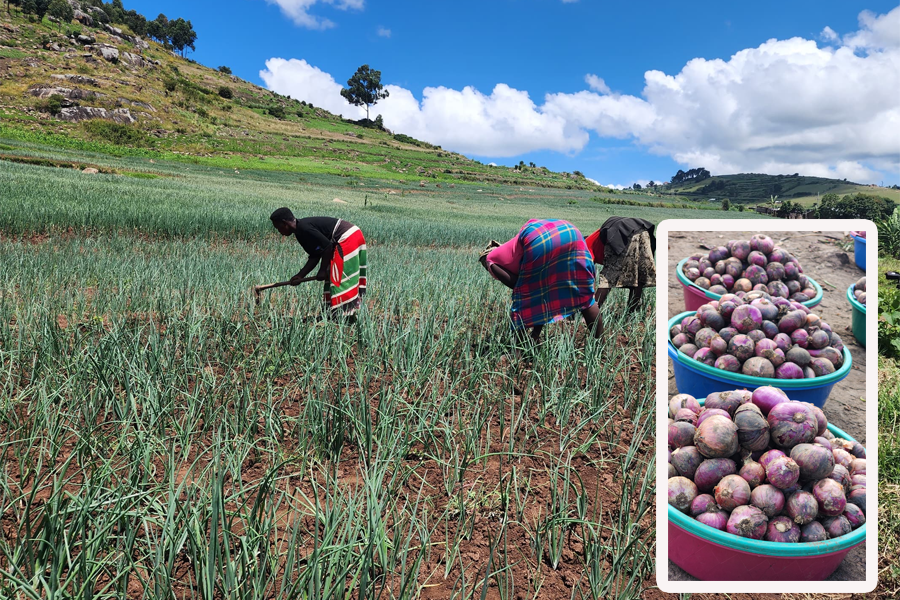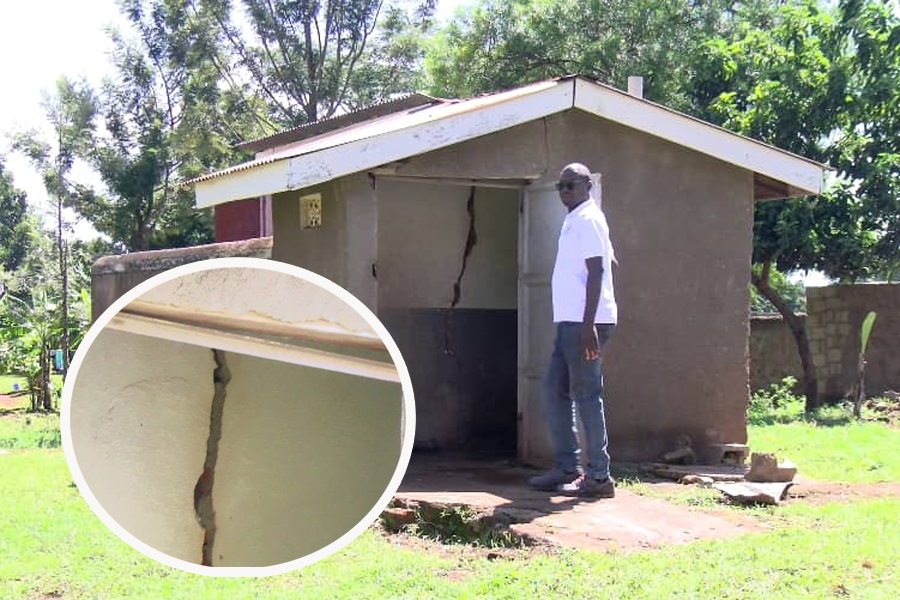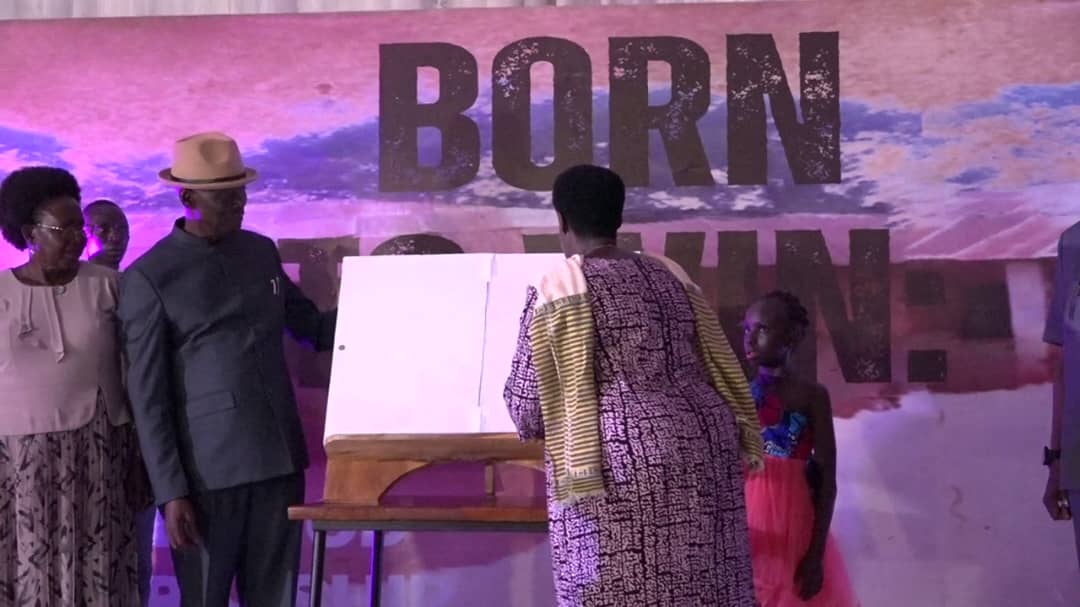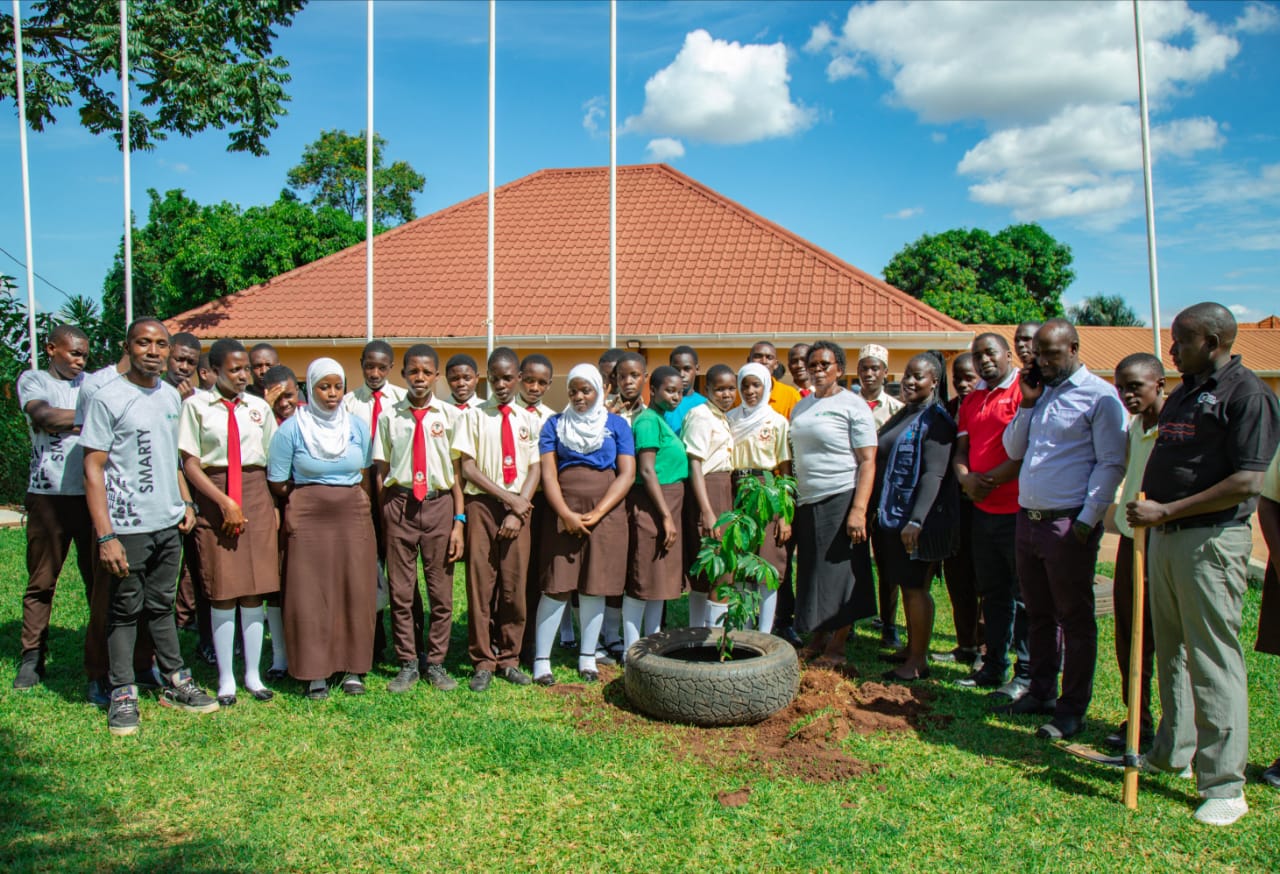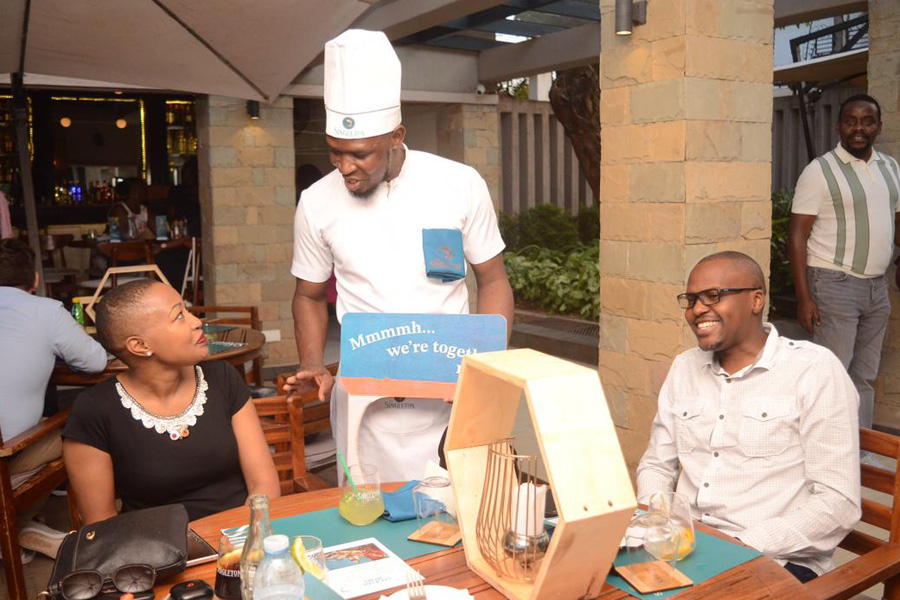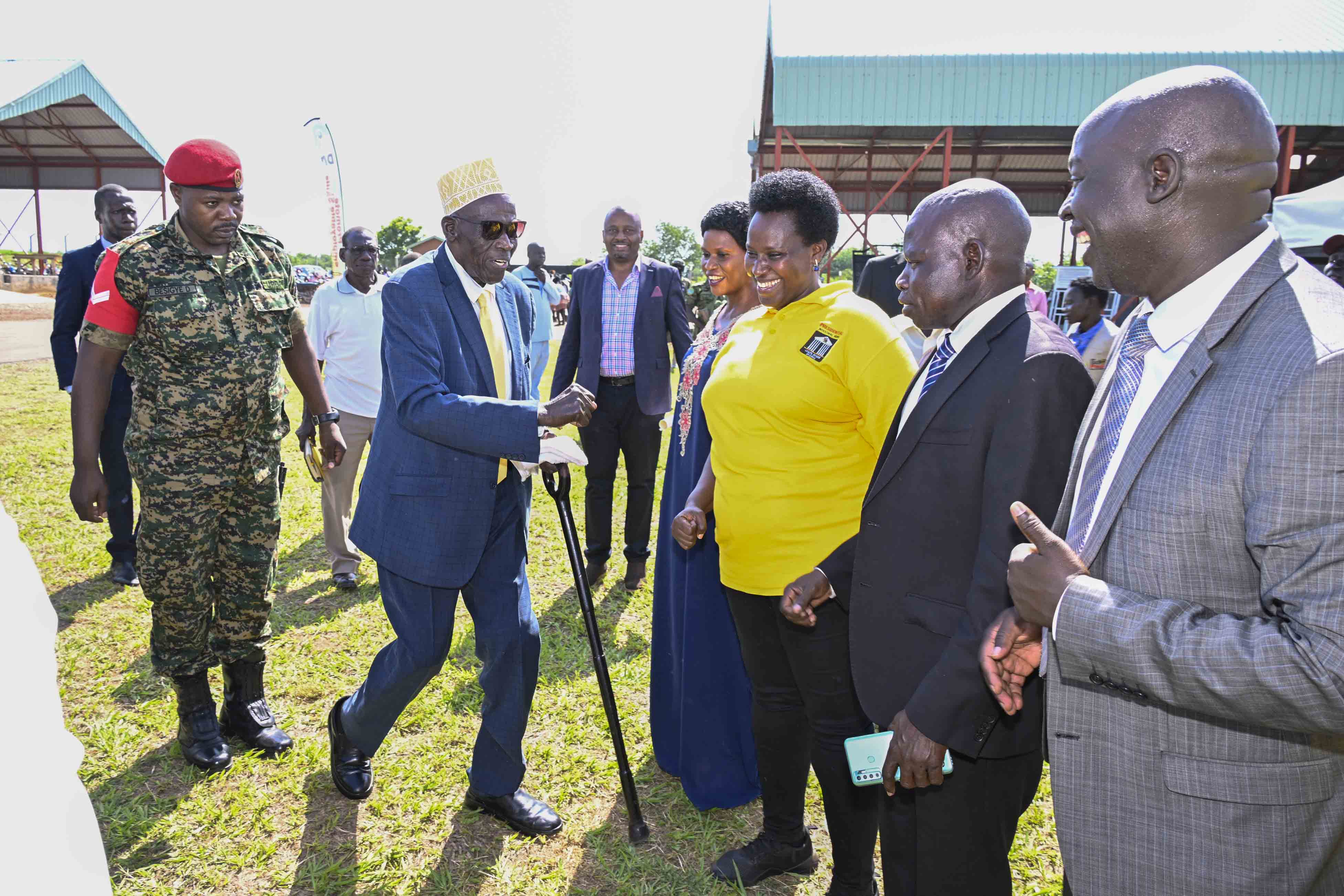Donor support for our elections can be harmful
BEECHAM OKWERE
In the effort to improve electoral processes in Africa donors like the UNDP, World Bank have supported the processes to see countries that were based on autocratic rule transition into democracies.
For an electoral process to become a possibility there must be availability of funding for a budget that covers the whole process.
It is in this bid that donor support becomes essential for most African countries that have in most cases deficit budgets running their economies.
This condition makes most African countries dependant on donor funding not only to run their economies sufficiently but also to meet the needs of the electoral process in their countries.
Depending on donor funding for electoral process therefore, it implies that such countries are denied autonomy in decision making.
Donors to the electoral process become part of their decision whether invited or not.
Taking consideration of the intrinsic and extrinsic interest of the donors in the electoral process, the beneficiary country stands to be at an advantage or disadvantage when such interests are weighed against those of such African countries.
It should therefore not be ignored that as much as donor support may be directed to achieve particular donor interests in the electoral process of African countries, each of these countries has got a unique history that models their electoral process.
Hence as much as donor support may have directed interests and desired results to the electoral process of any African country, these can never beat the historical foundations of leadership that existed for each individual African country.
To highlight on this more, before colonialism, Africans had leadership mainly under the leadership of Kings.
Kings were life leaders and this is a foundation on which African leadership was based for a long time.
After colonialism, Africa was introduced to a system of government leadership were a president heads a whole nation.
This implied several resistances but with the support of donor funding, transition from Kingdoms to state leadership ruled.
The cultural ways of leadership was over powered at face value but it is evident that, even if the African nations transited to state rule, were a president heads the whole country, the mindset of Africans still were not transformed.
Most African leaders to this day run want to be on being life presidents rather than respecting their constitutions by handing over power peacefully.
This has lead to manipulations of the constitutions to fit interest of such leaders.
When the worst comes to the worst, such leaders have been forced out of leadership through violent war which has kept African states successful behind as far as development is concerned and to continually depending on donations to run their economies.
This is a challenge that donors have probably not looked into in their efforts of accelerating transition to democratic leadership through elections in Africa, or let’s assume they have decided to skillfully ignore it deliberately.
With such conflicting interests between the donors and the leadership in African countries there has been emerging conflict in the electoral process and the desired results of achieving democratic transition of power in the African countries has failed again and again.
Instead, explosions of continuous defying of human rights, destruction of economies under violent measures of dealing with conflict that arise as a result of the electoral process and at worst loss of lives has been common in most African electoral processes.
Realizing democratic transition of power in African countries as an extrinsic interest of donor support to electoral processes in Africa in itself is a great idea.
Looking at the developed countries, one admires the whole electoral process and handing over of power peacefully, which supports the continual development process in such countries, but it should not be forgotten that these are independent countries and do not depend on donations in conducting electoral processes.
Unfortunately for some African countries some donors are in the habit of supporting leaders that hinder development in their own countries based on the intrinsic (hidden) interests of such donors which are never made clear and open to all concerned parties in the electoral process.
Donors must understand that democratic transition of power takes a process to attain and that because of the uniqueness each African countries present, it may take some countries longer than the others to result into democratic states in terms of their leadership.
The direction to be focused on here is the uniqueness of each country and how the road to democratic transition of power can be packaged well so that particular countries can reach the end goal of being democratic in transition of political power peacefully.
This said makes one ask if realizing democratic transition of power is the priority for African countries today.
In reference to most developed countries like the United States of America, economic development came before realizing democratic transition of power.
This could point out one of the many reasons to why realizing democratic transition of power has been a long time struggle in Africa.
The economies of most African countries are way behind to be able to welcome democratic transition of power as the next objective.
People still leave in poverty and this seems to be a priority that draws attention of most African leaders rather than democratic transition of power.
It is believed that dealing with poverty brings independence to people and independent persons make independent decisions.
This could be a dimension that donor support should be directed to rather than to the electoral process that only seems to be a symptom to the problem rather than the real cause of the electoral process problems in Africa.
In addition to poverty, most of the populations in Africa do not know what is in their constitution and how the constitution protects their rights, in a broader senses they are lacking in the civic education of their countries and therefore are liable to make very uninformed decisions during the electoral process that undermine their rights and democracy.
Finally the big monster that results from greed for power in African states that causes manipulation of the people and all the electoral process to favor those already in power.
In conclusion, the major aim of donor support towards democratic transition of political power can yield desired positive results in African countries, it has been possible before in countries like Kenya, Botswana, Ghana, and South Africa.
This gives hope that one day one time the African nations that have not yet attained such can make it. What the donor needs to fully understand is that for this to be a possibility, the biggest role lies within the African nations to find indigenous solutions to the issues that continually arise in the individual electoral processes of each country and the role of the donor support should be to facilitate such rather than make impositions on African countries.
The author is an African Union Elections Observers Missions Consultant and Senior Member of the East African Community Youth Ambassadors Platform.
www.beechamdavid.com


